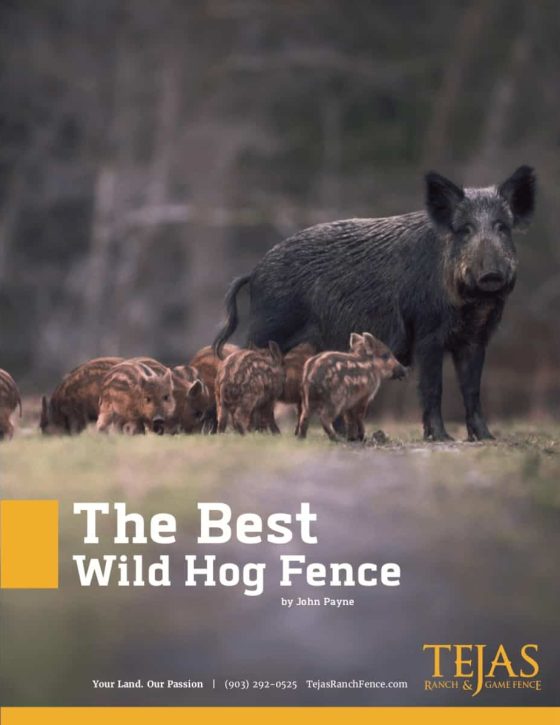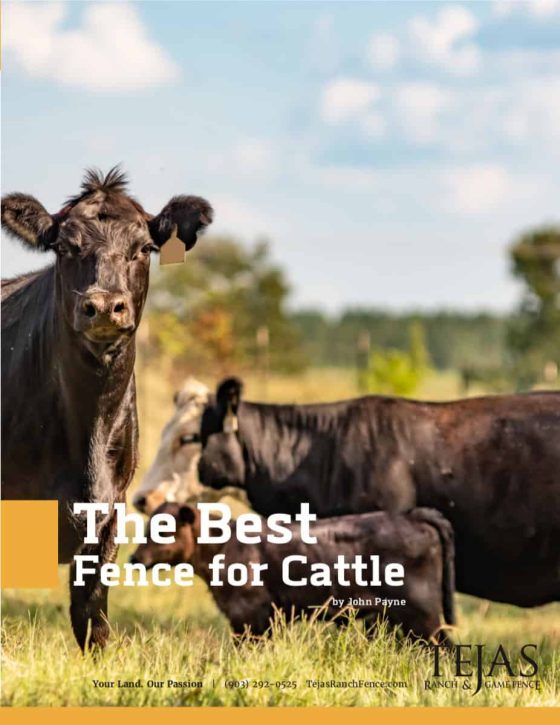The Black Hawaiian sheep is a visually striking and resilient breed, known for its solid black coat and impressive, curled horns. Adaptable to arid and rugged environments, this medium-to-large sheep is valued for its hardiness, agility, and challenging nature as a game animal.
Understanding Black Hawaiian Sheep
Origins and Ancestry
Despite its name, the Black Hawaiian sheep is not native to Hawaii. This breed was developed in the United States, primarily in Texas, as part of a broader effort to introduce exotic game animals for sport hunting. The origins of Black Hawaiian sheep can be traced back to domesticated sheep brought to the Americas by European settlers. These sheep were selectively bred from a mix of European and Asian Mouflon ancestry, combined with other hardy sheep breeds that exhibited strong survival instincts and adaptability to harsh environments. Over time, breeders focused on producing a sheep with a distinctive black coat, robust build, and impressive horn structure, ultimately giving rise to what is now recognized as the Black Hawaiian sheep. Today, it is primarily found in Texas and other southern states, as well as in controlled environments worldwide where exotic sheep hunting is popular.
Physical Characteristics and Unique Features
The Black Hawaiian sheep is known for its distinctive dark coat and striking horns. As their name suggests, these sheep possess a solid black or dark brown coat, which sets them apart from other members of the Corsican sheep family. This dark coloration provides excellent camouflage in their natural habitat, particularly in shadowed or wooded areas.
In terms of size, Black Hawaiian sheep are medium to large compared to other sheep breeds. Rams typically stand between 26 to 32 inches tall at the shoulder and weigh anywhere from 140 to 180 pounds. Ewes are generally smaller, with an average height of 24 to 30 inches and a weight range of 80 to 120 pounds. These sheep have a lean yet muscular build, making them agile and swift runners.
One of the most striking features of the Black Hawaiian sheep is its horns. Rams develop large, curled horns that can reach lengths of up to 40 inches. These horns are thick, ridged, and curve gracefully backward before spiraling outward. The impressive horn structure makes them a prized target for hunters. Ewes have smaller, less prominent horns or may lack them altogether.
The breed’s resilience is evident in its thick skin and durable hooves, which enable it to navigate rocky and uneven terrain with ease. Additionally, Black Hawaiian sheep possess a strong immune system, which contributes to their ability to thrive in challenging environments with minimal human intervention.
| Height | 2 – 3 feet | |
| Weight | 80 – 180 pounds | |
| Color | Black, dark brown | |
| Lifespan | 10 – 12 years | |
| Country of Origin | United States | |
| Habitat | Grasslands, scrublands | |
| Diet | Grasses and shrubs | |
| Fence Requirement | 4 ft minimum height | |
| Suggested Fence Pattern | 1348-3, 1348-4, 1348-6, 1348-12, 1660-4 | |
| Fence Material | Low-Fence Exotics Fit for Texas Ranches |
Habitat
Black Hawaiian sheep are highly adaptable and can thrive in various environments, making them a common sight on exotic game ranches. They are primarily found in Texas, where vast stretches of dry grasslands, scrub forests, and rugged terrain provide an ideal habitat. The breed is well-suited to arid and semi-arid environments, as it has evolved to survive in conditions with limited water and vegetation.
In their preferred habitats, Black Hawaiian sheep graze on a variety of grasses, shrubs, and forbs. They are highly efficient foragers, capable of extracting nutrients from sparse vegetation. Their ability to thrive in dry environments is attributed to their ancestry, which includes breeds that originated in regions with similar climatic conditions. These sheep can also tolerate rocky terrains and steep inclines, making them well-suited for hunting preserves that feature diverse landscapes.
Behavior and Social Structure
Black Hawaiian sheep are highly alert and cautious animals, possessing keen senses of sight, smell, and hearing. These traits make them difficult to approach, which is one reason they are considered a challenging game animal for hunters. Their natural wariness and swift running abilities allow them to evade predators effectively.
The breed is also known for its adaptability and ability to survive in environments with fluctuating resources. Black Hawaiian sheep can cover long distances in search of food and water, relying on their efficient digestive systems to extract maximum nutrients from their diet. They are primarily herbivorous and consume a mixture of grasses, leaves, and shrubs.
Black Hawaiian sheep exhibit social behaviors similar to those of other wild sheep species. They typically form small to medium-sized herds, consisting of ewes and their offspring. Rams tend to be more solitary or form bachelor groups until the mating season, when they actively seek out females.
Conservation Efforts
Unlike many endangered sheep species, the Black Hawaiian sheep does not currently face significant threats to its population. Since the breed was developed primarily for sport hunting, it is managed carefully on game ranches and exotic hunting reserves. Controlled hunting programs ensure that populations remain stable while generating revenue that supports conservation initiatives.
Additionally, private breeders play a crucial role in maintaining the breed’s population. Black Hawaiian sheep are occasionally raised for their meat, horns, and hides, which adds another economic incentive for their continued breeding. Because they are a hardy and low-maintenance breed, they have also been introduced to some areas outside of the U.S. as part of exotic livestock collections.
Conclusion
The Black Hawaiian sheep is a fascinating breed with a rich history, striking appearance, and remarkable adaptability. Though not originally from Hawaii, this breed has found its niche in game ranches and exotic hunting reserves across the United States. With their impressive horns, solid black coats, and hardy nature, Black Hawaiian sheep continue to captivate hunters, breeders, and wildlife enthusiasts. As long as responsible breeding and conservation efforts continue, this unique breed will remain a prominent feature in the world of exotic game animals.
Join our email newsletter and receive informative articles like these in your inbox! Subscribe here.
About Tejas Ranch & Game Fence
Tejas Ranch & Game Fence is the go-to ranch fence contractor for landowners with a vision for their property. We have a broad offering of ranch fence solutions, such as high-game fences, cattle fences, hog-proof fences, and more. We offer land clearing, trail construction, and land development consulting along with our fence solutions.
Related Articles:
Exotic Zebras
Exotic Rhea
Buffalo
Exotic Addax
Exotic Scimitar Oryx
Exotic Blackbucks
Exotic Sika Deer
Exotic Painted Desert Sheep
Exotic Mouflon Sheep
Exotic Corsican Sheep
Exotic Fallow Deer
Exotic Aoudad Sheep
Exotic Nilgai Antelope
Exotic Texas Dall Sheep
Exotic Axis Deer
Exotic Pere Davids Deer






